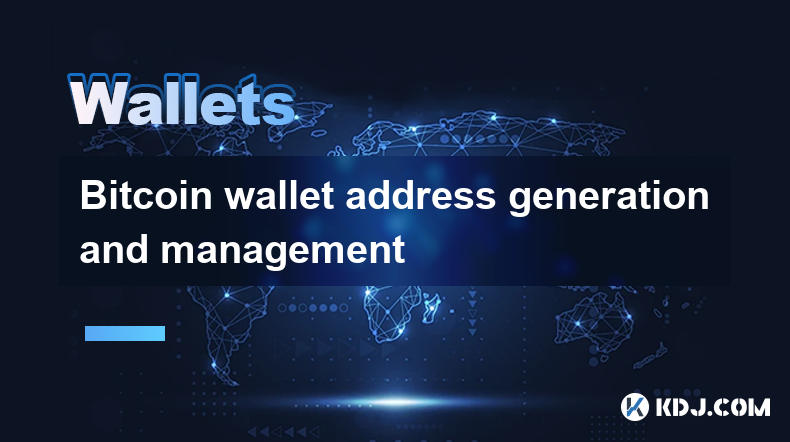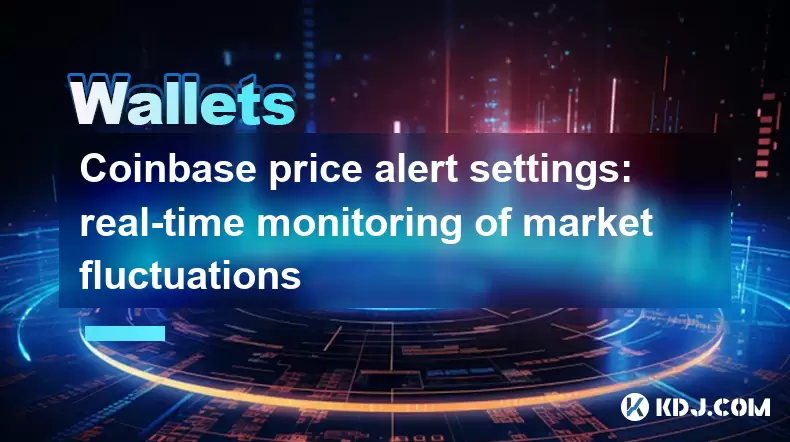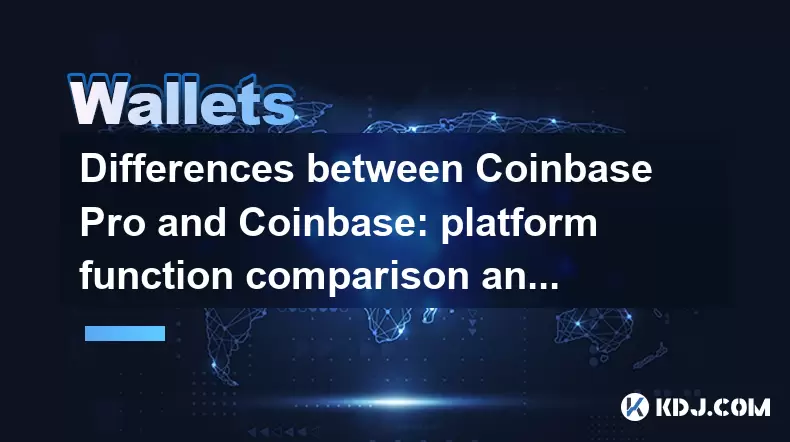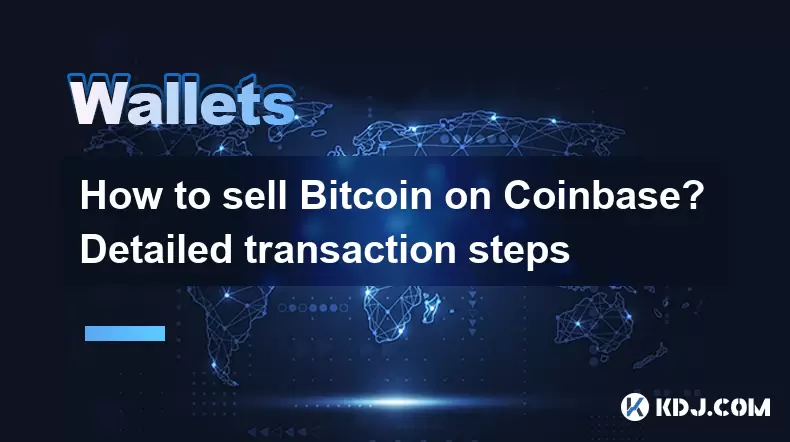-
 Bitcoin
Bitcoin $107,341.7259
0.15% -
 Ethereum
Ethereum $2,438.6204
0.70% -
 Tether USDt
Tether USDt $1.0003
-0.02% -
 XRP
XRP $2.1866
1.94% -
 BNB
BNB $649.0952
0.36% -
 Solana
Solana $150.9602
5.63% -
 USDC
USDC $0.9999
0.00% -
 TRON
TRON $0.2742
0.40% -
 Dogecoin
Dogecoin $0.1645
1.93% -
 Cardano
Cardano $0.5669
1.18% -
 Hyperliquid
Hyperliquid $37.8286
4.19% -
 Bitcoin Cash
Bitcoin Cash $491.4669
-2.74% -
 Sui
Sui $2.8150
3.06% -
 Chainlink
Chainlink $13.4184
2.91% -
 UNUS SED LEO
UNUS SED LEO $9.0809
0.27% -
 Avalanche
Avalanche $18.0295
2.60% -
 Stellar
Stellar $0.2396
1.19% -
 Toncoin
Toncoin $2.8587
0.13% -
 Shiba Inu
Shiba Inu $0.0...01160
2.59% -
 Litecoin
Litecoin $86.4192
1.45% -
 Hedera
Hedera $0.1486
1.19% -
 Monero
Monero $308.4324
0.87% -
 Polkadot
Polkadot $3.4202
1.43% -
 Bitget Token
Bitget Token $4.6436
-0.34% -
 Dai
Dai $0.9998
-0.02% -
 Ethena USDe
Ethena USDe $1.0002
0.00% -
 Uniswap
Uniswap $7.1527
3.29% -
 Pi
Pi $0.5357
-8.45% -
 Pepe
Pepe $0.0...09588
4.61% -
 Aave
Aave $259.9759
0.81%
Bitcoin wallet address generation and management
A Bitcoin wallet address, derived from a public key, is used to send and receive Bitcoins, but losing the associated private key means losing access to your funds.
Apr 01, 2025 at 08:07 pm

Understanding Bitcoin Wallet Addresses
A Bitcoin wallet address is essentially a unique identifier, similar to a bank account number, used to receive and send Bitcoins. Unlike a bank account, however, you don't "own" the address; you own the private key associated with it. The address itself is derived from the public key, which is in turn derived from the private key through cryptographic processes. Losing your private key means losing access to your Bitcoin. It's crucial to understand this fundamental relationship.
Generating a Bitcoin Wallet Address
Generating a Bitcoin wallet address involves several steps, typically handled by wallet software or hardware. The process leverages cryptography to ensure security and uniqueness. It doesn't involve a central authority; the address is generated locally on your device. This decentralization is a core tenet of Bitcoin's security model.
- Key Pair Generation: Your wallet software first generates a random private key. This is a long string of characters, and it's absolutely crucial to keep this secret.
- Public Key Derivation: Using cryptographic algorithms (typically elliptic curve cryptography), the software derives a public key from the private key. This public key is also a long string of characters, but it can be shared publicly.
- Address Generation: Finally, the public key is hashed (processed through a one-way cryptographic function) multiple times to create the Bitcoin address. This address is what you share with others to receive Bitcoin. The process ensures that even if someone knows your public key, they cannot easily determine your private key.
Managing Your Bitcoin Wallet Addresses
Managing your Bitcoin addresses effectively is paramount to maintaining the security of your funds. Poor management practices can lead to loss of funds due to theft or accidental deletion of private keys. Several key aspects need careful consideration.
- Secure Storage of Private Keys: This is the most crucial aspect. Never share your private keys with anyone. Use reputable wallet software or hardware wallets designed for secure key storage. Consider using multiple layers of security, like password managers and biometric authentication.
- Backup and Recovery: Always back up your wallet's seed phrase (a list of words representing your private key) in multiple locations, ideally offline. This seed phrase allows you to recover your wallet if your device is lost or damaged. Never store it digitally without strong encryption.
- Address Reuse: While technically possible to reuse a Bitcoin address, it's generally not recommended for privacy reasons. Each transaction associated with an address becomes part of the public blockchain, and reusing addresses can link transactions together, potentially revealing information about your spending habits. Many wallets automatically generate new addresses for each transaction.
- Software vs. Hardware Wallets: Software wallets are convenient but can be vulnerable to malware and hacking. Hardware wallets offer superior security as they store your private keys offline, making them less susceptible to online threats. The choice depends on your technical skills and risk tolerance.
- Regular Software Updates: If using software wallets, ensure you keep them updated with the latest security patches to protect against known vulnerabilities. Outdated software can expose your wallet to attacks.
Understanding Different Types of Bitcoin Wallet Addresses
Bitcoin uses different address formats, each identified by a prefix. These prefixes indicate the type of address and the network (mainnet or testnet). Understanding these differences is important for avoiding sending funds to the wrong network or using an outdated address format.
- Legacy Addresses (P2PKH): These are the oldest type of Bitcoin addresses, starting with a "1". They are still functional but considered less private than newer address types.
- SegWit Addresses (P2SH-SegWit & Bech32): These are newer address formats that offer improved transaction efficiency and privacy. P2SH-SegWit addresses start with a "3", while Bech32 addresses start with "bc1" or "tb1" (for testnet). Bech32 addresses are generally preferred for their superior privacy and efficiency.
Choosing the Right Bitcoin Wallet
Selecting the appropriate wallet is crucial. Different wallets cater to different needs and technical expertise.
- Software Wallets: These are applications installed on your computer or mobile device. They offer convenience but require careful security practices. Examples include Electrum, Exodus, and Mycelium.
- Hardware Wallets: These are physical devices that store your private keys offline. They provide a high level of security but are typically more expensive. Examples include Ledger and Trezor.
- Paper Wallets: These involve printing your public and private keys on paper. They offer offline security but are vulnerable to physical damage and loss. They should only be used as a last resort.
- Web Wallets: These are wallets hosted online by third parties. While convenient, they expose your funds to the security risks of the hosting provider. They should be used cautiously and only with reputable providers.
Frequently Asked Questions
Q: What happens if I lose my private key?
A: If you lose your private key, you lose access to your Bitcoin. There is no way to recover it without the private key. This is why secure storage of your private key is paramount.
Q: Can I reuse a Bitcoin address?
A: While technically possible, reusing a Bitcoin address is generally discouraged for privacy reasons. Each transaction is recorded on the public blockchain, and reusing addresses can link your transactions together.
Q: What is a seed phrase?
A: A seed phrase is a list of words that represents your private key. It's essential to back it up securely as it's the key to recovering your wallet if your device is lost or damaged.
Q: What is the difference between a public key and a private key?
A: The private key is a secret code that gives you control over your Bitcoin. The public key is derived from the private key and is used to generate your Bitcoin address. You can share your public key freely; it does not compromise your private key.
Q: Are hardware wallets more secure than software wallets?
A: Generally, yes. Hardware wallets store your private keys offline, making them much less vulnerable to malware and hacking attempts compared to software wallets, which are susceptible to online threats.
Q: How do I choose a Bitcoin wallet?
A: The best Bitcoin wallet for you depends on your technical skills, security needs, and convenience preferences. Consider factors like security features, ease of use, and the type of wallet (software, hardware, paper, web).
Disclaimer:info@kdj.com
The information provided is not trading advice. kdj.com does not assume any responsibility for any investments made based on the information provided in this article. Cryptocurrencies are highly volatile and it is highly recommended that you invest with caution after thorough research!
If you believe that the content used on this website infringes your copyright, please contact us immediately (info@kdj.com) and we will delete it promptly.
- XRP, Ripple, and Bitcoin: Decoding the Latest Crypto Moves
- 2025-06-29 08:30:13
- NBA Legend Scottie Pippen's Crypto Picks: SHIB and XRP in the Spotlight
- 2025-06-29 08:50:12
- Bitcoin, US Strategy, and Cryptocurrency Regulation: Navigating the Digital Frontier
- 2025-06-29 09:10:13
- Chainlink's $17 Breakout: Bullish Momentum Fueled by Mastercard Partnership
- 2025-06-29 08:30:13
- Crypto Launches Q3 2025: Top Picks to Watch
- 2025-06-29 09:10:13
- Gemini AI's 2025 Crypto Forecast: Altcoin Boom Ahead?
- 2025-06-29 08:52:14
Related knowledge

Coinbase price alert settings: real-time monitoring of market fluctuations
Jun 29,2025 at 07:00am
Setting Up Coinbase Price AlertsTo begin real-time monitoring of market fluctuations on Coinbase, users can utilize the built-in price alert feature. This function allows you to receive notifications when a cryptocurrency reaches a specific price point. To access this setting, open the Coinbase app or log in via the web platform. Navigate to the 'Prices...

How to stake cryptocurrencies on Coinbase? Benefits and risks
Jun 27,2025 at 06:36pm
Understanding Cryptocurrency Staking on CoinbaseStaking cryptocurrencies involves locking up digital assets to support the operations of a blockchain network, typically in return for rewards. Coinbase, one of the most popular cryptocurrency exchanges globally, offers staking services for several proof-of-stake (PoS) coins. Users can stake their holdings...

Differences between Coinbase Pro and Coinbase: platform function comparison and analysis
Jun 29,2025 at 08:21am
Overview of Coinbase and Coinbase ProWhen exploring the cryptocurrency trading landscape, users often encounter two platforms under the same parent company: Coinbase and Coinbase Pro. While both are operated by the same organization, they cater to different types of users and offer varying features. Coinbase is primarily designed for beginners and casua...

How to contact Coinbase customer service? Support channels and response times
Jun 28,2025 at 01:29pm
Contacting Coinbase Customer Service: Support Channels and Response TimesIf you're a user of Coinbase, reaching their customer service team may become necessary for various reasons, such as account verification issues, transaction disputes, or technical difficulties. Understanding the different support channels available and what to expect in terms of r...

Coinbase advanced trading function usage tutorial: limit orders and market orders
Jun 28,2025 at 09:07pm
Understanding the Difference Between Limit Orders and Market OrdersWhen using Coinbase's advanced trading features, it is crucial to understand the fundamental difference between limit orders and market orders. A market order executes immediately at the best available price on the market. This type of order ensures that your trade goes through quickly, ...

How to sell Bitcoin on Coinbase? Detailed transaction steps
Jun 29,2025 at 04:22am
Setting Up Your Coinbase Account for TransactionsBefore you can sell Bitcoin on Coinbase, you must ensure your account is fully set up and verified. Coinbase requires identity verification to comply with regulatory standards. This process involves uploading a government-issued ID, confirming your address, and sometimes submitting a selfie holding the ID...

Coinbase price alert settings: real-time monitoring of market fluctuations
Jun 29,2025 at 07:00am
Setting Up Coinbase Price AlertsTo begin real-time monitoring of market fluctuations on Coinbase, users can utilize the built-in price alert feature. This function allows you to receive notifications when a cryptocurrency reaches a specific price point. To access this setting, open the Coinbase app or log in via the web platform. Navigate to the 'Prices...

How to stake cryptocurrencies on Coinbase? Benefits and risks
Jun 27,2025 at 06:36pm
Understanding Cryptocurrency Staking on CoinbaseStaking cryptocurrencies involves locking up digital assets to support the operations of a blockchain network, typically in return for rewards. Coinbase, one of the most popular cryptocurrency exchanges globally, offers staking services for several proof-of-stake (PoS) coins. Users can stake their holdings...

Differences between Coinbase Pro and Coinbase: platform function comparison and analysis
Jun 29,2025 at 08:21am
Overview of Coinbase and Coinbase ProWhen exploring the cryptocurrency trading landscape, users often encounter two platforms under the same parent company: Coinbase and Coinbase Pro. While both are operated by the same organization, they cater to different types of users and offer varying features. Coinbase is primarily designed for beginners and casua...

How to contact Coinbase customer service? Support channels and response times
Jun 28,2025 at 01:29pm
Contacting Coinbase Customer Service: Support Channels and Response TimesIf you're a user of Coinbase, reaching their customer service team may become necessary for various reasons, such as account verification issues, transaction disputes, or technical difficulties. Understanding the different support channels available and what to expect in terms of r...

Coinbase advanced trading function usage tutorial: limit orders and market orders
Jun 28,2025 at 09:07pm
Understanding the Difference Between Limit Orders and Market OrdersWhen using Coinbase's advanced trading features, it is crucial to understand the fundamental difference between limit orders and market orders. A market order executes immediately at the best available price on the market. This type of order ensures that your trade goes through quickly, ...

How to sell Bitcoin on Coinbase? Detailed transaction steps
Jun 29,2025 at 04:22am
Setting Up Your Coinbase Account for TransactionsBefore you can sell Bitcoin on Coinbase, you must ensure your account is fully set up and verified. Coinbase requires identity verification to comply with regulatory standards. This process involves uploading a government-issued ID, confirming your address, and sometimes submitting a selfie holding the ID...
See all articles

























































































